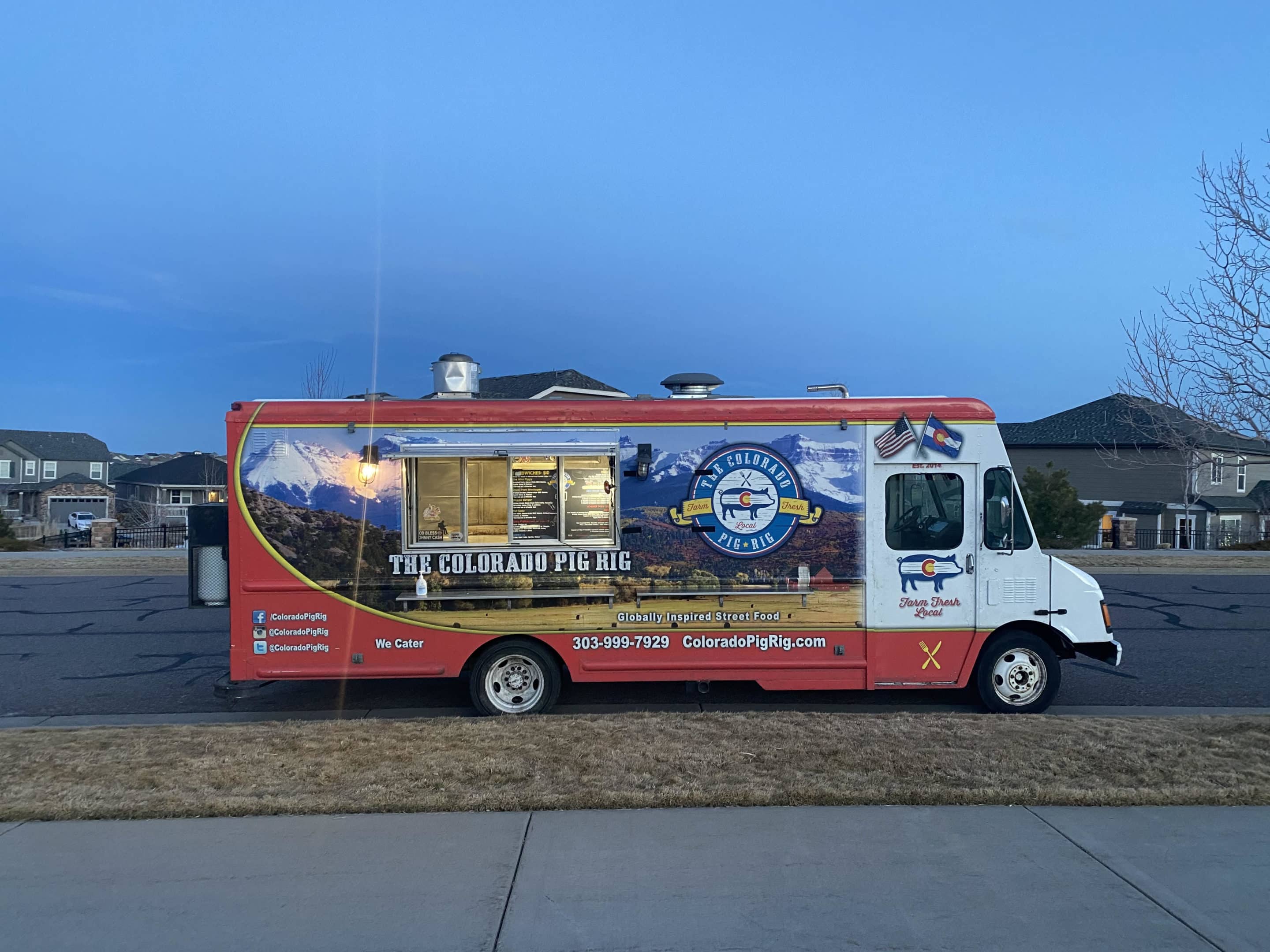In July, a Denver police officer saw a man in a crowd carrying a gun. A group of cops responded by opening fire, injuring six people. Rather than addressing the police officers who fired on a group of innocent people, the city has responded by restricting where food trucks can operate.
Fiona Harrigan writing at Reason explains how Denver’s new policy hurts business owners and immigrants.
At 1:30 a.m. on July 17, Denver Police Department officers were monitoring the crowds of people departing nightclubs. They witnessed an altercation involving Jordan Waddy, with one officer observing that he “may have had a firearm concealed in his hoodie or waistband.” An officer saw Waddy “reaching into his waistband or pocket in a motion consistent with pulling out a firearm,” so the cops began to shoot (bodycam video later revealed that Waddy removed his handgun from his hoodie and tossed it to the ground). Six bystanders were injured in the ordeal.
Following the shooting, Denver officials wanted to find a way to combat crime downtown. So even though the police admitted that something went wrong “from a tactics standpoint,” the city moved to ban food trucks from operating in Lower Downtown on Thursdays, Fridays, and Saturdays. Officials “touted moving food trucks off those streets as one way to decrease crowds, chaos and crime,” according to the Denver-based outlet Westword. Food truck owners were instead forced to park blocks away from the area, much further from the bars and their crowds. The truck owners say they weren’t consulted, and now worry about how they’ll stay afloat without the profitable weekend slots.
































